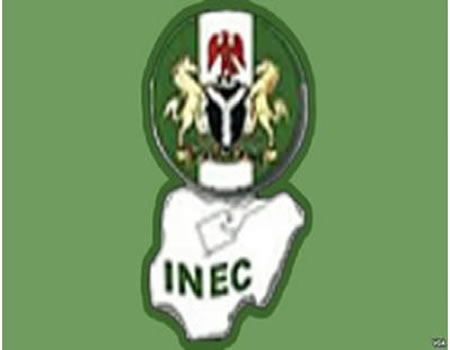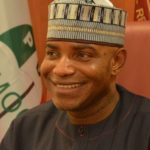On the whole, however, even though the September 22 election witnessed irregularities, including novel forms of vote buying whereby parties allegedly credited the accounts of potential voters with various sums, it was adjudged peaceful and generally reflective of the decisions of the electorate by local and international observers. Conversely, INEC’s decision to organise a run-off was received with mixed feelings. While it argued that the decision was based on the Electoral Act, critics wondered why it declared the result of the National Assembly by-election held in Lokoja-Kotokarfe Federal Constituency in Kogi State on August 11 conclusive but pronounced the Osun poll inconclusive.
In that election, the cancelled votes outnumbered the difference between the number of votes scored by the two leading candidates. While the winner of the election, Mr. Haruna Isah of the APC, polled 26,860 votes to defeat his closest challenger, Mr. Bashir Abubakar of the PDP who scored 14,845 votes to come second in the election, as announced by the Returning Officer, Professor Rotimi Ajayi, 19,960 votes were cancelled following irregularities. The difference between the two leading candidates in the election (12015) was less than the cancelled votes (19,960), yet INEC did not schedule a supplementary poll. Other observers argued that the commission’s action violated Section 179(2)(a)(b) of the 1999 Constitution. The section provides that: “A candidate for an election to the office of a governor of a state shall be deemed to have been duly elected where, there being two or more candidates: (a) he has the highest number of votes cast at the election; and (b) he has not less than one-quarter of all the votes cast in each of at least two-thirds of all the local government areas in the state.” Another bone of contention was the apex court ruling in previous electoral disputes to the effect that whenever votes are cancelled, they are not reckoned with in determining the outcome of an election.
ALSO READ: 2019: APC presidential primary records massive turn-out in Anambra
Following the run-off, the APC candidate, Oyetola, emerged the Osun State governor-elect with a total of 255, 505 votes as against the 255, 023 votes scored by the PDP’s Adeleke. Sadly, however, as affirmed by local and international observers, the election was marred by widespread irregularities, including harassment and intimidation of voters by hoodlums allegedly sponsored by politicians. Worse still, the security agencies harassed journalists and election observers, denying them access to some polling units. Instructively, in their reaction to the run-off, the European Union, the United Kingdom and the United States, in a joint statement issued in Abuja, said: “In contrast to our overall findings on the vote of September 22, we were concerned to witness widespread incidents of interference and intimidation of voters, journalists, and civil society observers by some political party supporters and security agencies. Many of our findings mirror those of leading civil society groups that observed the election. We commend the work of INEC leadership during both elections. But it is clear that the neutrality of the security services and responsible conduct by party agents, both inside and outside polling units, will be essential to ensure free, fair, credible and peaceful elections in 2019.”
Among other professional organisations, the Nigerian Bar Association (NBA) accused the police of alleged bias in the conduct of the supplementary poll. In a report by its ad-hoc committee on the run-off, chaired by Mr. Tawo Tawo (SAN), the NBA stated: “The rerun… fell far short of a free and fair election compared to what transpired in the election of the 22nd day of September, 2018 in Osun State which was however declared inconclusive. From the actions and inactions of the Nigerian Police Force they appeared to have been compromised given the fact that the police did not question the activities of the about fifty (50) fierce-looking men who invaded the area at Orolu.” In Osogbo polling unit 17, the NBA said, when some hoodlums invaded the area in an attempt to disrupt the process, they were not repelled by the police.
In our previous editorial, we warned that if the blatant abuse of the Electoral Act witnessed in the Ekiti election was repeated in Osun, it would be difficult to save the citizenry from despair. To our dismay, the election turned out to be far worse than the Ekiti election. The well documented arrest and intimidation of journalists and election observers by the police cast a shadow on the integrity of the election and portend danger for the 2019 general election. The election casts Nigeria in bad light. No fair-minded observer can describe it as free and fair. On current evidence, the conclusion is inescapable that it portends danger for the 2019 general election.






